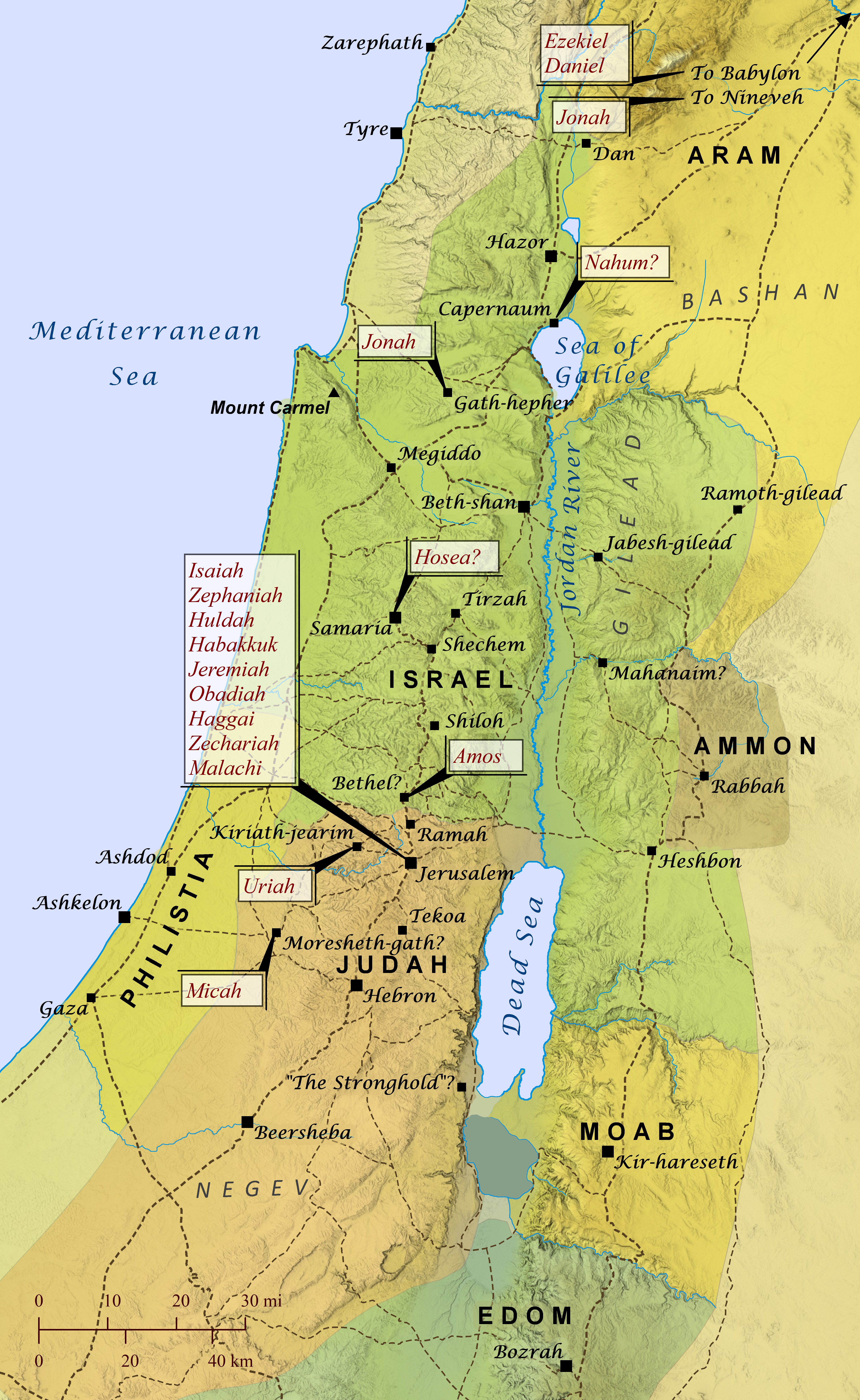Readers’ Version
Literal Version
24:15 Desecration and false teachers
15 [ref]“So whenever you all see the irreverent object that the prophet Daniel wrote about being placed in the holy place (anyone reading this should try to understand it), 16 those in Yudea should flee to the hills, 17 [ref]anyone outside on the flat roof shouldn’t go back inside to get things out of the house, 18 and anyone in the field shouldn’t go back to the house to get their coat. 19 It will be very difficult for pregnant women and breast-feeding mothers in those days, 20 but pray that your escape won’t be in winter or on a rest day. 21 [ref]This will be followed by incredible troubles like nothing that has been observed in this world from creation until the present time, and which won’t happen like that again— 22 in fact if those days weren’t shortened, nobody would survive, however because of the chosen, those days will be shortened.
23 “Then if anyone says, ‘Look, here’s the messiah’ or ‘Here he is’, don’t believe it, 24 because false messiahs and false prophets will emerge, and they will do amazing miracles that would mislead even the chosen if possible. 25 Listen, I’m telling you all before it happens.
26 [ref]“So if they tell you all, ‘Look, he’s out in the wilderness,’ don’t go out there, or if they say, ‘He’s here in these private rooms,’ don’t believe it, 27 because when humanity’s child comes, it’ll be like how the lightening goes right across the sky from one side to the other.
28 [ref]“Wherever there’s something dead, that’s where the vultures will gather.
19 But woe to_the women in womb having child, and to_the women nursing in those the days.
20 But be_praying that the flight of_you_all may_ not _become in_winter, nor on_a_day_of_rest.
21 For/Because then will_be great tribulation, such_as has_ not _become from beginning of_the_world until the time now, nor by_no_means may_ not _become.
22 And except the those days not/lest were_shortened, not any flesh would was_saved, but because_of the chosen, the those days will_be_being_shortened.
23 Then if anyone may_say to_you_all:
Behold, here is the chosen_one/messiah, or Here he_is, you_all_may_ not _believe it.
24 For/Because false_messiahs will_be_being_raised and false_prophets, and they_will_be_giving great signs and wonders, so_as to_mislead even the chosen if possible.
25 Behold, I_have_previously_spoken to_you_all.
26 Therefore if they_may_say to_you_all:
Behold, he_is in the wilderness, you_all_may_ not _come_out.
Or_see, in the private_rooms, you_all_may_ not _believe it.
27 For/Because as the lightning is_coming_out from the_east and is_shining as_far_as the_west, thus will_be the coming of_the son of_ the _Man.
28 Wherever if the corpse may_be, there the vultures will_be_being_gathered_together.


